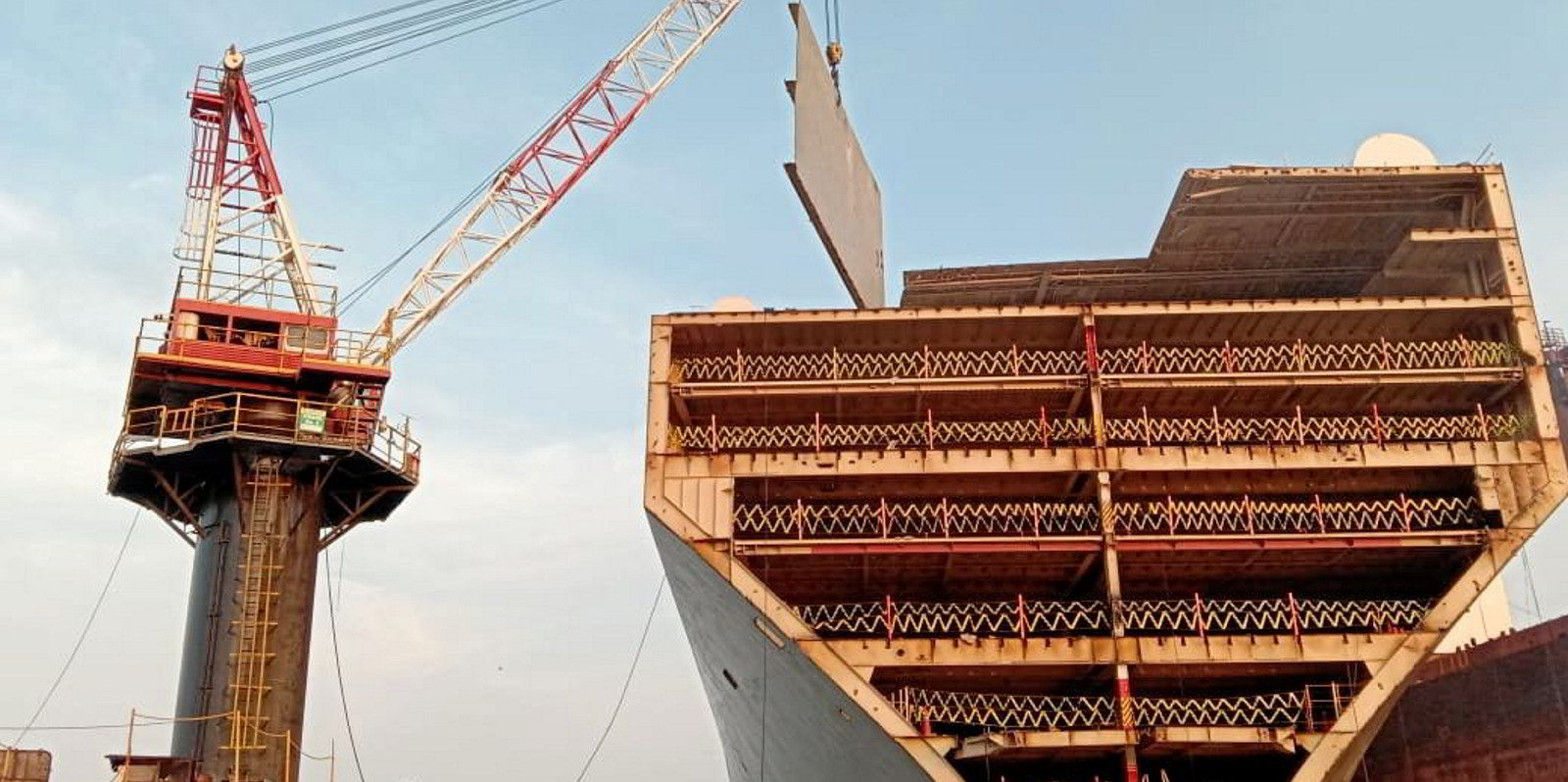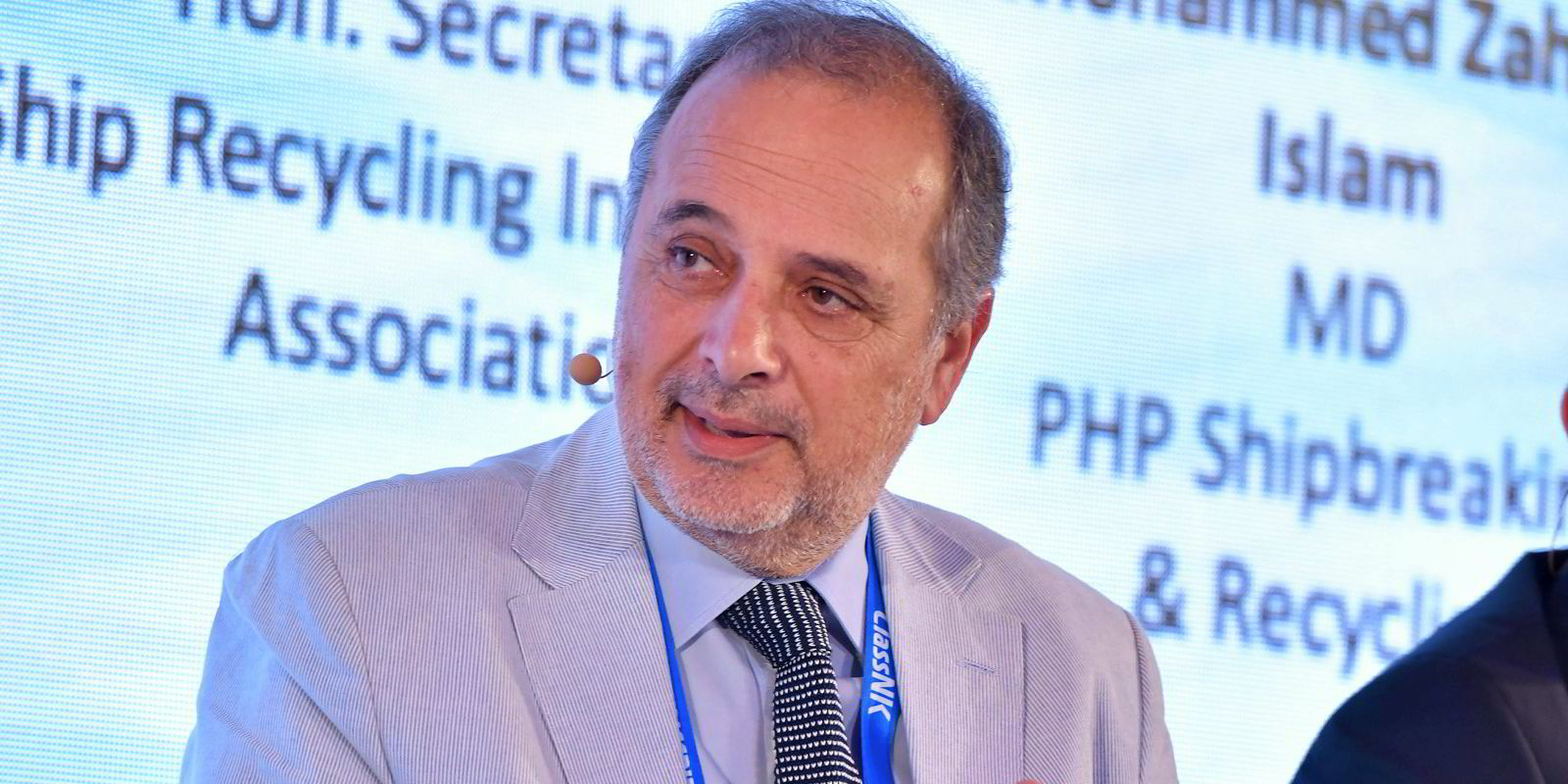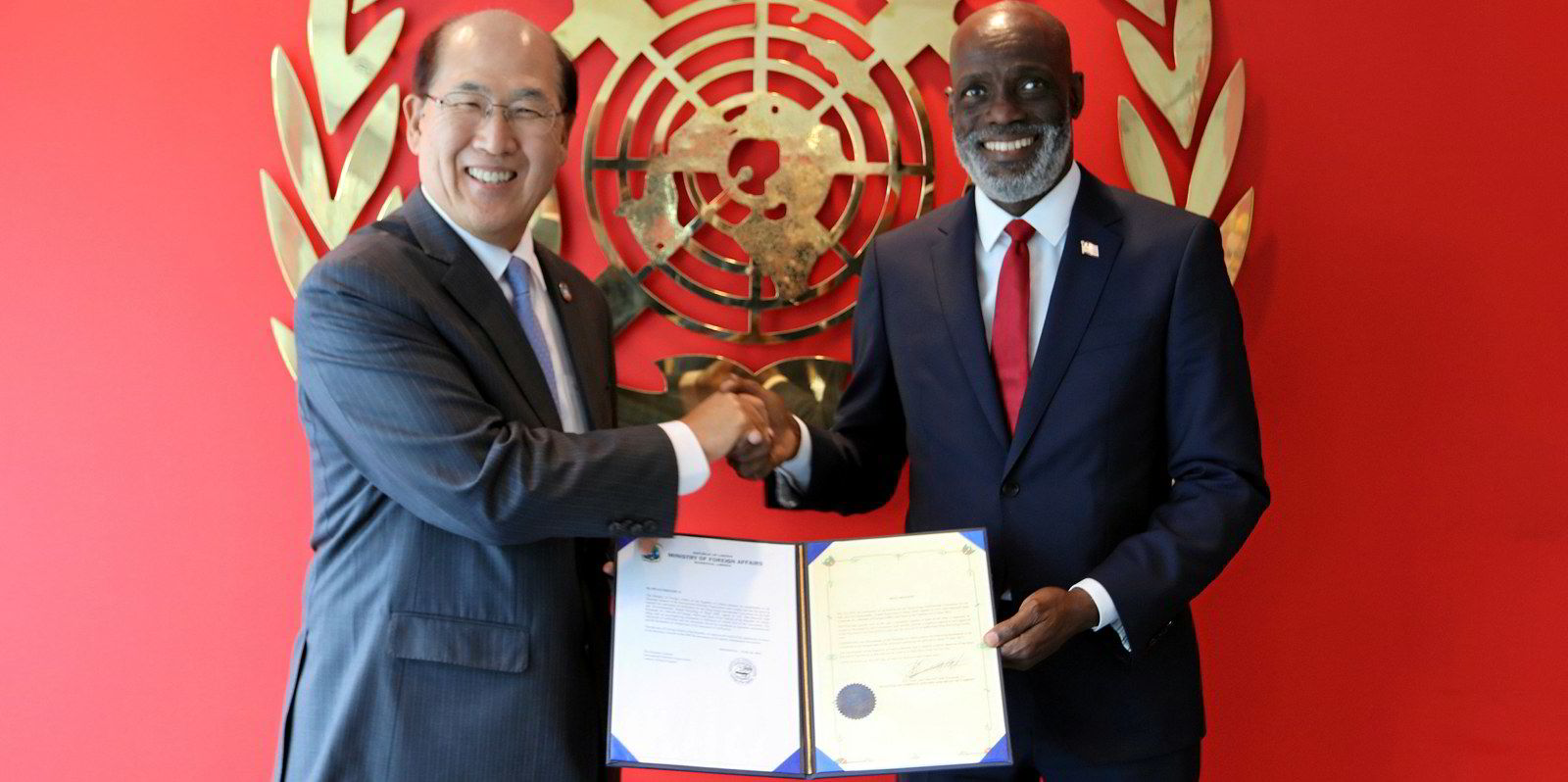The upcoming entry into force of an international recycling convention has created a lot of confusion over just how it will sit alongside existing regulations that apply to end-of-life ships.
There is likely to be a lot of head-scratching over the next two years before the Hong Kong International Convention for the Safe and Environmentally Sound Recycling of Ships finally enters into force.
As TradeWinds earlier reported, London-based James Turner KC of Quadrant Chambers described the upcoming situation as a “complex mishmash of contradictory international regulation”.
The two main regulations that are currently in play for the maritime industry are the European Union’s Ship Recycling Regulation (EU SRR) and the Basel Convention on the Control of Transboundary Movements of Hazardous Wastes.
So which regulation will be enforced and where could they cross over?
TradeWinds asked Nikos Mikelis, the architect of the Hong Kong Convention at the International Maritime Organization, to shed some light on the situation.
First, he wanted to clear up some common misunderstandings over where the responsibilities of the Hong Kong Convention start and finish.
Some have highlighted its failure to address labour issues and waste management as a weakness of the convention.
Mikelis points out that the Hong Kong Convention does not attempt to tackle downstream waste management as that is directly covered by Basel.
It only “includes associated operations such as storage and treatment of components and materials on site, but not their further processing or disposal at separate facilities”.
Similarly, labour issues are not addressed in the Hong Kong Convention because they are covered by regulations set under the International Labour Organization.
Mikelis points out that the Hong Kong Convention was developed with the cooperation of both the International Labour Office and secretariat of the Basel Convention to ensure there are no inconsistencies in areas in which existing instruments of the two bodies overlapped.
The Hong Kong Convention states that parties should implement it taking into account relevant and applicable recommendations and standards developed by the International Labour Organization and secretariat of the Basel Convention.

One more critical issue will be that under the Hong Kong Convention shipowners will be able to recycle their ships at yards certified under the regulation in India and Bangladesh, both of which have ratified the convention.
But, as things stand, both Basel and the EU SRR do not allow recycling in these countries.
Basel stipulates hazardous waste export from the OECD must be recycled at OECD member countries, while the EU SRR only allows European-flagged vessels to be recycled at its approved yards, none of which are in South Asia.
The United Nations-agreed Vienna Convention on the Law of Treaties could provide a solution here.
The Vienna Convention allows states to give preference to the requirements of the most recent convention when there is overlap, such as with the Hong Kong and Basel treaties.
But, for this to happen, first Basel will have to agree that the two conventions can be deemed to be equivalent.
It is now up to interested parties to raise the issue with the governing body of Basel — the Conference of the Parties (COP).
The EU SRR also includes a clause that allows its terms to be revised 18 months before the Hong Kong Convention enters into force, which could allow for some alignment between the two treaties.
It seems likely though that the EU will wait until the issue is settled first at the Basel COP before it acts.





